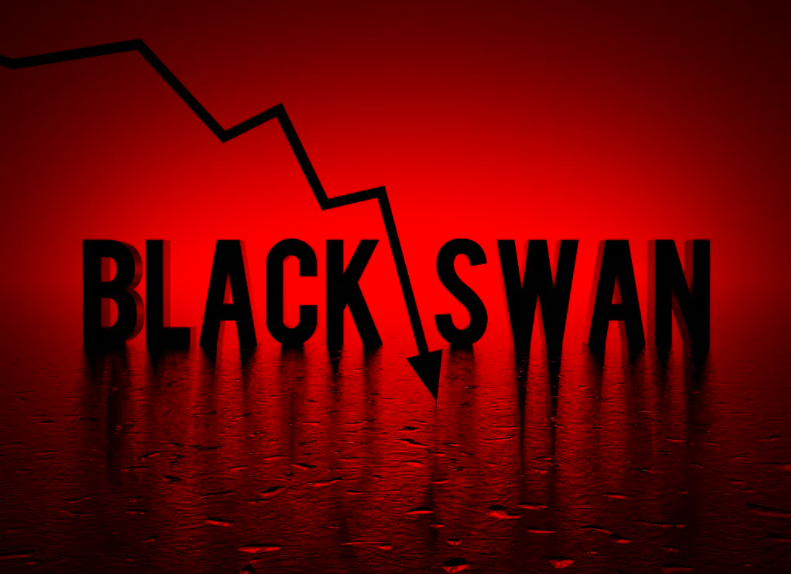CFO Insights: Building a Sustainable Business Model and Navigating Risks for Startups
January 23, 2025
This is the final part of our series on the CFO's perspective on financing and investment for startups. Now, we’re diving into two crucial areas that can make or break a startup: whether our business model and market expansion plans are solid and logical, and how well we’re prepared to handle risks—both the ones you can see coming and those that might catch you off guard. These factors are especially important in industries like laser soldering, where technology plays a huge role in long-term growth and success.

The business model and market expansion logic
A solid business model is all about making sure our company is heading in the right direction. The big picture has to be on point, and as we expand, we need to make sure we're aligning with market trends. It's not enough to chase every shiny new opportunity—our growth should feel natural and relevant to what customers actually need.
For instance, in the laser soldering sector, a company might start by offering precision soldering for consumer electronics, but then shift into other industries like automotive or medical devices, where similar high-precision soldering is needed. If they suddenly decided to pivot into something totally unrelated, like fashion or food, it would raise red flags about their business strategy.
When it comes to expanding, ideas need to be practical and grounded. We can’t just make decisions off the cuff—talk things through, get feedback, and make sure our ideas can stand up to some tough questions. Understand where our customers are and what they really need. In laser soldering, that might mean diving deep into challenges specific to industries like electronics or automotive to tailor solutions for their unique needs, rather than trying to spread ourself too thin across too many markets at once.
Risk control and management
Investors want to know how we handle risk—especially the kind of big, unexpected events that can shake a company to its core. Can you navigate through a "grey rhino" (a highly likely but often overlooked risk) or a "black swan" (an unpredictable disaster)? This is a big part of what they'll look for during due diligence, and they’ll check how well the company’s operations follow legal and governance frameworks.

In the laser soldering world, for example, a sudden shortage of key materials or a trade dispute could throw off our supply chain. If we're prepared—by having alternative suppliers or options for materials—we're more likely to weather the storm without losing investor confidence. Investors are also looking at how transparent and ethically we run our business. Keeping things steady and sticking to what works—whether it’s staying compliant with regulations or being transparent with our investors—builds trust.
In short, it’s about playing it smart: growing steadily, staying focused, and having contingency plans in place. This approach helps ensure that we can face the unexpected and protect the value